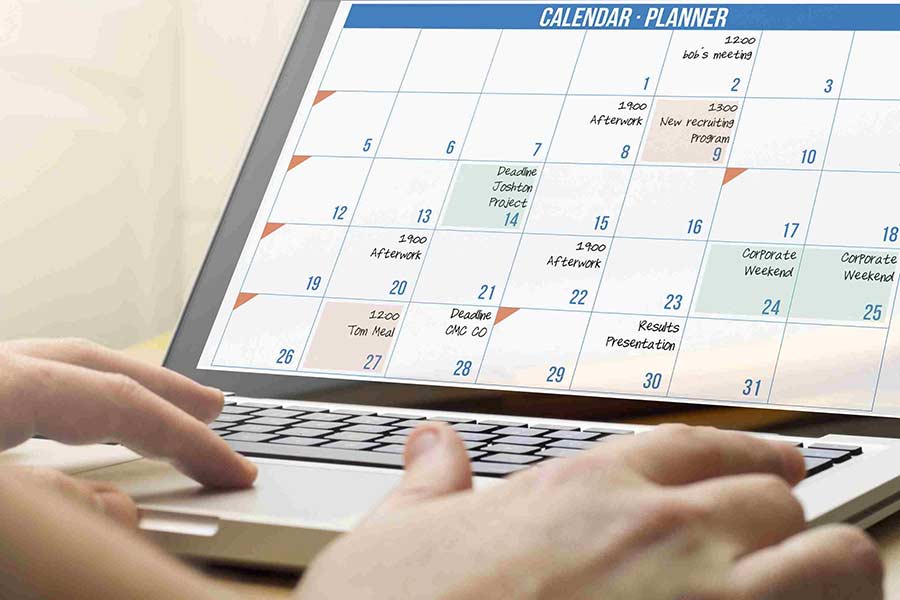How can I prevent overwork?
Many learners actually reduce their working hours whilst competing an Access Diploma or Undergraduate degree but if this isn’t possible for you, you may want to consider using some of your annual leave when you have a large amount of assignment or dissertation work to complete. Higher education study is a big commitment so you need to decide whether you can actually find the time to study. If you feel overwhelmed, you may want to take a break in learning, suspend your studies or leave studying altogether. It’s not a problem to decide to wait until a different time in your life or just to decide that higher education isn’t for you.
If you’re going to stick with it, Coleman (2025) has some useful advice for boosting productivity without burning out.
- Create “Flow” Moments (Deep Study Blocks): Block off at least two to three hours a week as uninterrupted time for deep study. Protect this time fiercely, as it takes approximately 23 minutes to refocus after an interruption. This is crucial for tackling big assignments like dissertations, where sustained attention is needed to process complex information and create new value. Find out more about time blocking as a technique on the dedicated section.
- Establish Defined “Meeting-Free” Days (or Times): Just like companies have “Meeting-Free Mondays,” try to designate specific days or longer blocks within your week as “Study-Only” time. Keep other times for smaller tasks, communications, or family commitments.
- Practice Calendar Monitoring (for study and other commitments): Scrutinise your personal and work calendar. Identify what tasks or commitments are truly essential versus what could be optional, delegated, or handled more efficiently (e.g., an email instead of a long phone call). Empower yourself to decline non-essential activities that eat into precious study time.
- Intentionally Build in Breaks: Schedule shorter study sessions, perhaps 50 minutes instead of a full hour, to create small buffers. These micro-breaks allow you to breathe, reflect, and transition mentally between different academic topics or life demands.
- Take a Walk: A quick 30-minute walk can significantly boost focus, energy, and mood, enhancing creativity for your studies. A change of scenery is beneficial for mental recharge. This is particularly important when juggling demanding work and family roles.
- Prioritise Outcomes Over Activity: Instead of measuring how “busy” you seem with study, focus on what you actually “accomplish”. This means fewer, shorter, and more focused study sessions that yield tangible progress. The goal is to maximise impact through being rested, focused, and energised. Remember, breaks matter, and allowing yourself to fully recharge makes you more productive in the long run.
- Make Sleep an Essential: For adult learners, the pressure to get ahead often leads to sacrificing sleep. However, this mindset is a trap. The reality is that persistent lack of sleep slowly erodes your cognitive clarity, emotional resilience, and overall efficiency. The National Sleep Foundation recommends that adults need seven to nine hours of sleep nightly for optimal functioning. Quality sleep could be the secret ingredient to sustained effectiveness.
Official breaks in learning & suspending study
There are always options to pause studies and bank credits for later on if you are studying a degree course. It is best to contact your tutors or programme lead to find out what the process is for asking for an official break or study suspension. These are also usually an option if you need a break for maternity or paternity reasons.

Productivity vs busyness
Stop confusing being productive with being busy. Busyness is not a badge of honour. Many of us long for more time to ourselves and to spend with family and friends, so we need to make our working and studying hours count rather than simply spending more time. Productivity looks different for everyone. Whilst 5am club might be seen as perfect for some to catalyse them into action, it’s best to align your study time with your natural rhythm and that of your life and other commitments. If 9pm is your time for thinking, that’s fine. Learn when you work best and work with it, not against it.
Work expands to fill the time available
A Stanford study found that those who work 70 hours or more a week get no more done than those who work 55. Once you work for more than 50 hours per week, productivity declines so keep an eye on the hours you work because more hours don’t necessarily mean you are getting more done.

Productivity for creative tasks
Assignment planning and writing is a creative process. It will take much longer to feel like you have achieved something than it does for monotonous tasks such as reading and responding to emails. It is about quality not quantity when you are producing something requiring research and analysis.
Share your story
I truly want this resource to grow with your input. If you’re a working parent studying in HE, or if you simply resonate with these challenges, I invite you to make contact. Share your story, your unique experiences, the strategies that work for you, and any advice you have for others. Together, we can build a stronger, more supportive community for adult learners.



